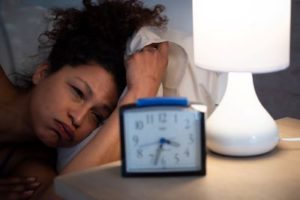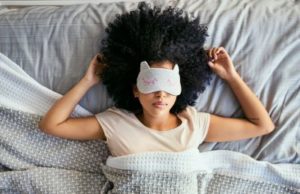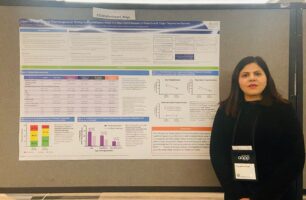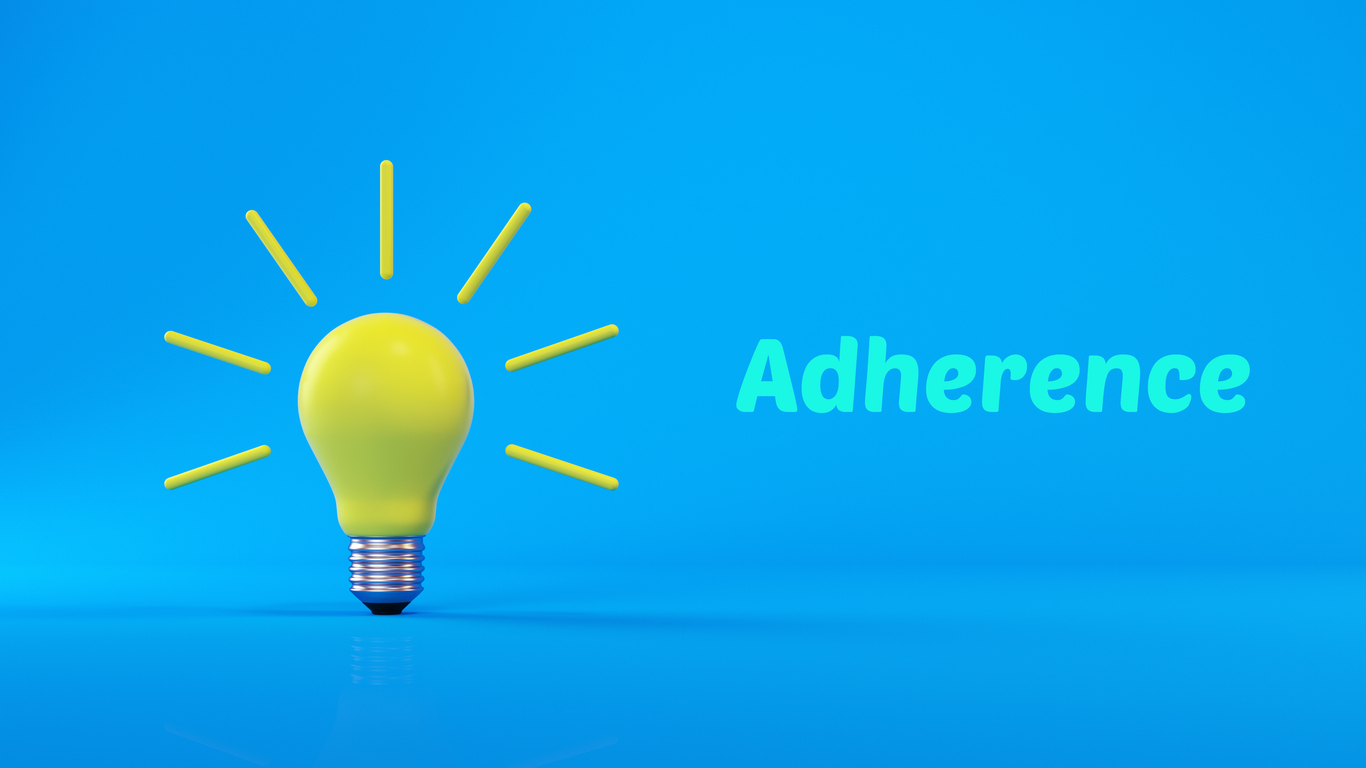 Everyone has experienced a night or two of wakeful restlessness, or even a bit of self-diagnosed insomnia. There are many reasons for sleeplessness – a new baby, new job, a new mattress, a move to a new city, or watching TV too late into the night.
Everyone has experienced a night or two of wakeful restlessness, or even a bit of self-diagnosed insomnia. There are many reasons for sleeplessness – a new baby, new job, a new mattress, a move to a new city, or watching TV too late into the night.
But if these reasons have been dismissed and your patient is still going night after night without sleep, or they are able to sleep but still feel exhausted when waking up, there may be something else wrong.
According to the Sleep Foundation, depression and sleep are intrinsically linked. A lack of sleep can contribute to the development of depression. Likewise, one of the key symptoms of depression are sleep disruptions – like sleeping too much or suffering from insomnia.
“Sleep plays a critical role in immune function, metabolism, memory, learning, and other vital functions,” according to the Division of Sleep Medicine at Harvard Medical School. The organization states poor sleepers have an increased risk for health problems and diseases. Additionally, “sleep deprivation negatively impacts our mood, our ability to focus, and our ability to access higher-level cognitive functions.”
According to the Anxiety and Depression Association of America, depression and sleep are intrinsically linked. A lack of sleep can lead to anxiety, frustration, and, ultimately, depression. Likewise, one of the key symptoms of depression are sleep disruptions – like sleeping too much or suffering from insomnia.
Insomnia Can Lead to Depression
True insomnia isn’t an intermittent bout of sleeplessness here and there. According to the DSM-5, (Diagnostic and Statistical Manual of Mental Disorders, Vol. 5), insomnia is defined as:
- “Difficulty initiating sleep
- Difficulty maintaining sleep, characterized by frequent awakenings or problems returning to sleep after awakenings,
- Early-morning awakening with inability to return to sleep.”
People with insomnia can experience sleep disturbances at least three nights a week for as long as three months and beyond. Additionally, insomnia cannot be “explained away” by medical conditions that keep patients awake — sleeplessness caused by physical pain, for example, is not insomnia.
When it sticks around long enough, insomnia can lead to depression. The HUNT Study, which was published in Psychosomatic Medicine (the Journal of Behavioral Medicine), evaluated questionnaires from 24,715 people to evaluate the association between insomnia and depression. According to the authors: “The results support a bidirectional relationship between insomnia and depression. This finding stands in contrast to the previous studies, which have mainly focused on insomnia as a risk factor for the onset of depression.”
How Depression Impacts Sleep
People with depression often report one of two issues with sleep: either sleeping too little or sleeping too much. Getting the right amount of sleep is important for a person’s physical and mental well-being as sleeps helps people
Depression can modify how we sleep in three ways, according to Psychology Today:
- “Deep sleep, where we produce growth hormone, a stage critical for memory and decision making, may altogether disappear with depression.
- Awakenings and arousals increase dramatically. Sleep becomes highly fragmented.
- REM sleep is often broken up, and its very appearance changes. Rapid eye movements may appear both erratic and dense.”
On the other side of the coin, depression can cause some people to sleep too much; this condition is called hypersomnia. People with hypersomnia can sleep more than 12 hours a day and still feel very sleepy throughout the day.
 Could Sleep Deprivation Help Depression?
Could Sleep Deprivation Help Depression?
While it seems counter-intuitive, a recent meta-analysis published in The Journal of Clinical Psychiatry found that patients with depression could see a reduction of their symptoms if they were subjected to sleep deprivation.
According to researchers at the Perelman School of Medicine at the University of Pennsylvania, “partial sleep deprivation (sleep for three to four hours followed by forced wakefulness for 20-21 hours) was equally as effective as total sleep deprivation (being deprived of sleep for 36 hours), and medication did not appear to significantly influence these results.”
Determining the Right Therapies
In the best interest of your patient’s physical and mental health, investigating the cause of the sleep issues may help stop symptoms before they do turn into a sleep disorder or depression.
Ensuring your patient gets the right help is very important. According to Psychology Today:
“Depression and insomnia are clinical syndromes. Their many different symptoms are highly interrelated, and engage many similar brain areas and functions. So it makes sense that some things you do to prevent or treat one may help the other. Treating either usually requires a mix of different therapies, ranging from cognitive-behavioral to physical to pharmacologic to techniques of rest-relaxation.”
Our articles are for informational purposes only and are reviewed by our Medical Information team, which includes PharmDs, MDs, and PhDs. Do not make any changes to your current medications or dosing without consulting your healthcare provider.
The GeneSight test must be ordered by and used only in consultation with a healthcare provider who can prescribe medications. As with all genetic tests, the GeneSight test results have limitations and do not constitute medical advice. The test results are designed to be just one part of a larger, complete patient assessment, which would include proper diagnosis and consideration of your medical history, other medications you may be taking, your family history, and other factors.
If you are a healthcare provider and interested in learning more about the GeneSight test, please contact us at 855.891.9415. If you are a patient, please talk with your doctor to see if the GeneSight test may be helpful.


 Could Sleep Deprivation Help Depression?
Could Sleep Deprivation Help Depression?

